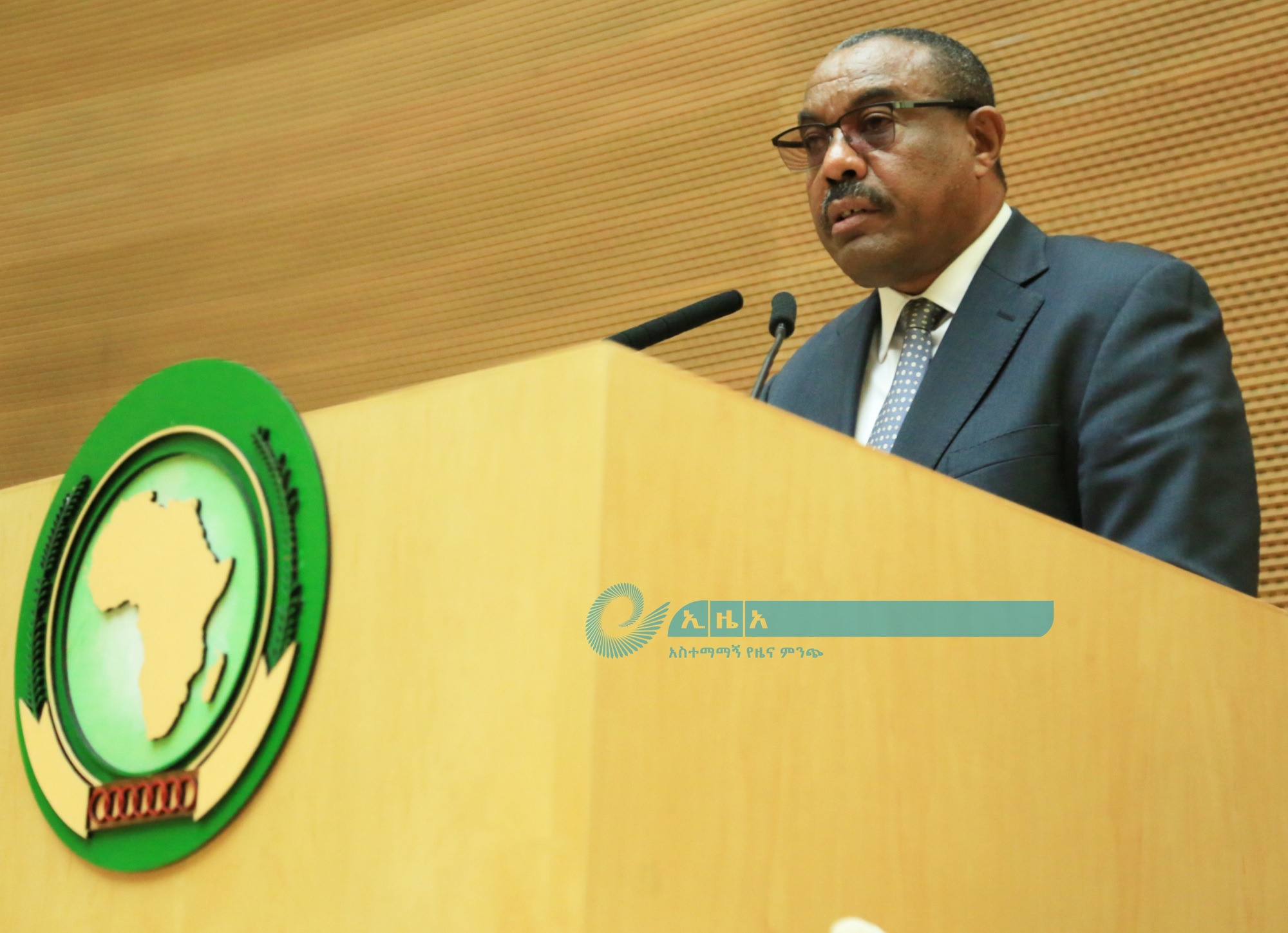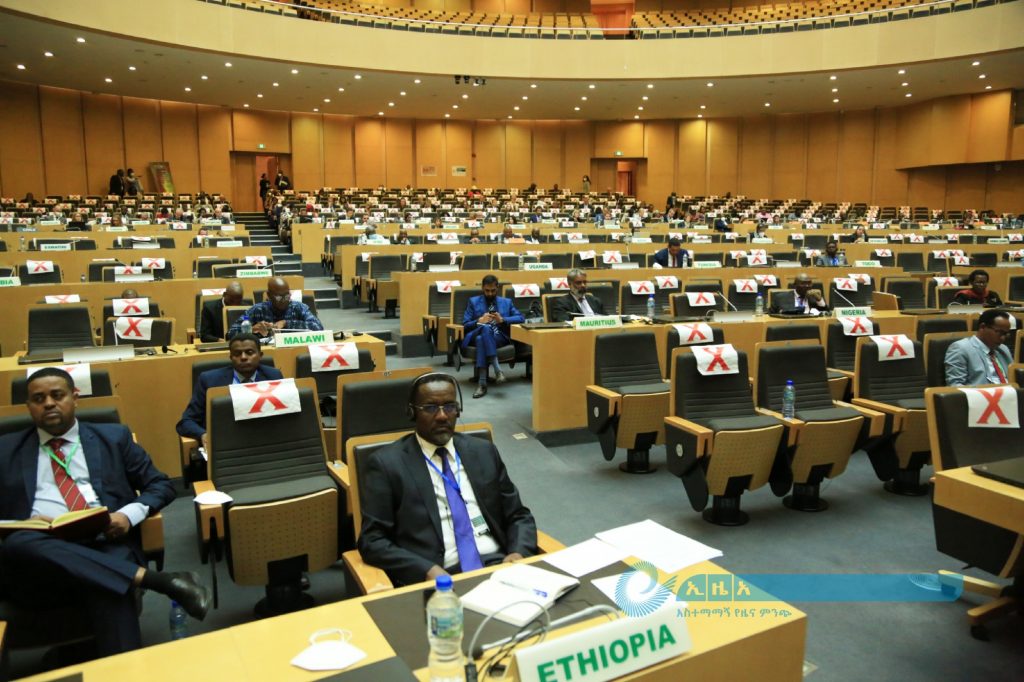Former PM Stresses Need for Innovative Approach to Transform Agriculture, Food Systems in Africa - ENA English
Former PM Stresses Need for Innovative Approach to Transform Agriculture, Food Systems in Africa

Addis Ababa October 10/2022 (ENA) Former Prime Minister Hailemariam Dessalegn stressed the need for innovative approach in order to transform the agriculture and food systems in Africa, which is identified by vulnerability to multiple and overlapping shocks and threats.
In his keynote address on the high-level food security and nutrition conference today, Alliance for a Green Revolution in Africa (AGRA) Board Chair Hailemariam noted “indeed, we can expect not only famine but also social unrest in many parts of Africa if we do not act now.”

To feed its growing population, Africa spends about 45 billion USD annually on food imports and this trend means that we might reach 110 billion USD in 2025 if nothing is done, especially as we are beginning to experience strains in global supply chains, Hailemariam said.
He added that food systems are in crisis due to conflict, climate change, and the economic effect of COVID-19 and is sky-rocketing food, fertilizer and fuel prices.
According to him, with the lingering effects of COVID-19 pandemic on economies and livelihoods where a recovery so far has been unequal and marginalized and the groups marginalized continue to struggle disproportionately.
“The most recent estimates from 2022 so far report indicates that 1 in 5 people in Africa that is 20.2 percent of the population representing 278 million people equivalent to slightly more than a third of all the people facing hunger in 2021 were in Africa,” Hailemariam elaborated.
The horn of Africa faces a profoundly alarming hunger and hunger crisis worse than in 2011 when famine claim several lives, he stated, and stressed “a situation not seen in the last 40 years.”
“We must find ways to transform Africa’s food systems, which had been defined by vulnerability to multiple and overlapping shocks and threats, taking advantage of the recommendations of the last years food system summit and assisting member states to implement the African common position on food systems. We must tackle how to improve on food production through increased yield including through ensuring adequate access to fertilizer, seed and other critical inputs.”
AUC Commissioner for Rural Economy and Agriculture, Josefa Sacko said “we need to act with urgency and at scale in responding to the current food insecurity and nutrition crisis unfolding in Africa and avert human suffering.”
While Africa is yet to fully recover from the socio-economic repercussions of the COVID-19 pandemic, the Russia Ukraine crisis poses another major threat to the global economy with several African countries being directly affected as net imports of food, fertilizer and fuel, she added.
Sacko emphasized that a catastrophe is unfolding in the horn of Africa which has endured four consecutive episodes of severe drought.
The program will chart the way forward that leads to long-term and sustainable transformation of agriculture and food system, she said, adding “doing so will strengthen resilience, reduce humanitarian needs, boost sustainable local production, diversify crops and reduce dependencies on imports.”
FAO Assistant Director-General Regional Representative for Africa, Abebe Hailegabriel said “Africa is moving backwards in its efforts to end hunger, food insecurity, and malnutrition.”
More than a billion Africans cannot afford a healthy diet, he said, and noted “this situation is not sustainable.”
More people slide into chronic hunger in 2020 than the previous 5 years combined, Abebe stated, and underscored “signaling that recovery from the socio-economic impacts of COVID-19 is an enormous and ongoing challenge in Africa.”
Policy actions to diversify source of food suppliers and domestic production, improved effectiveness and efficiencies of social protection programs are the things needed to be implemented currently, according to him.